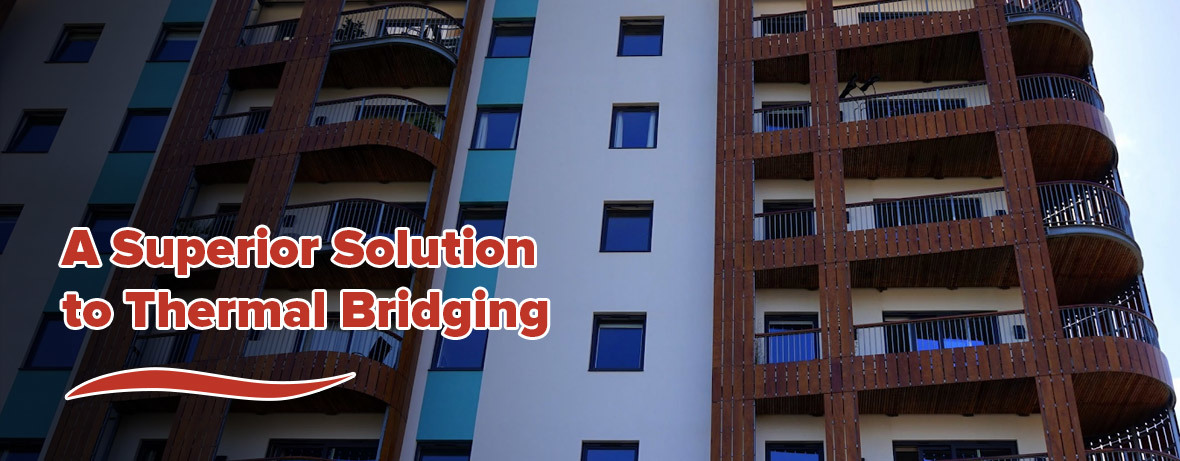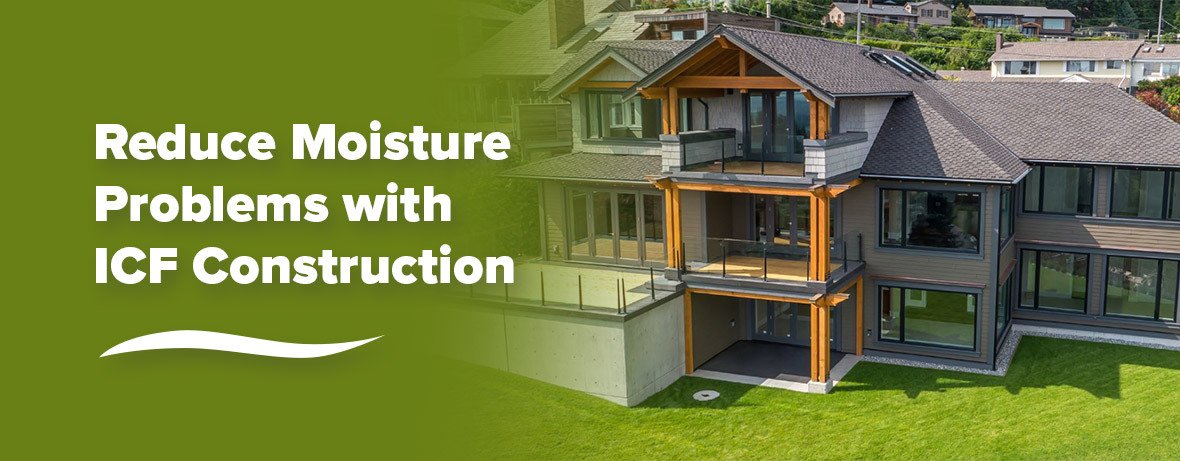
13 Must Haves for Medical Building Construction

Tips for Hiring & Working with Residential Architects

How Architects Can Sell Clients on ICF Construction
Utilizing ICF for residential projects is an amazing way to create strong and safe homes while utilizing ICF for commercial projects is an easy way to hit deadlines earlier with lower costs. Want to know how to sell your clients on ICF construction? Keep reading to receive expert knowledge on all the benefits and the best way to communicate them.
Essential Elements of Passive House Design

Brewery Construction: Build a Highly Durable, Energy Efficient Building
Brewery construction, like brewing itself, is both an art and a science. The building must not only be aesthetically pleasing, but also functional and durable.

A Superior Solution to Thermal Bridging

ICF Houses Still Standing After Storms

A Complete Guide to Hurricane-Resistant Buildings

Reduce Moisture Problems with ICF Construction
You can avoid stud-framing moisture problems by choosing a moisture-resistant insulated concrete form (ICF) foundation for your new home.

Why Real Estate Investors Should Rebuild with ICF Instead of Fix and Flip
Real estate investors can limit the financial risks of fix and flip construction by demolishing the old structures and rebuilding with insulated concrete forms (ICFs).